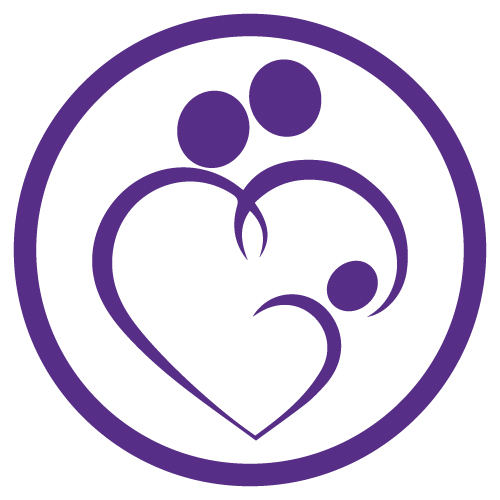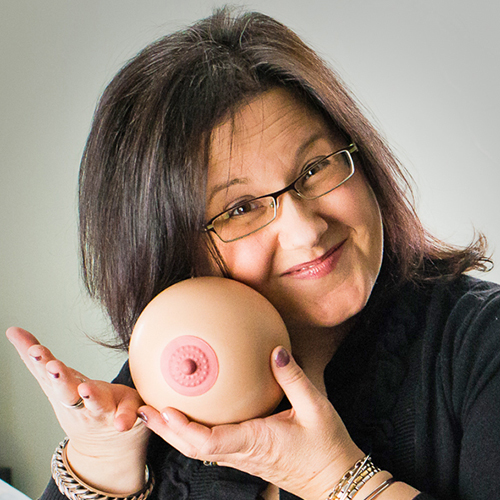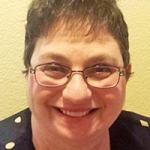 IBCLC Detailed Content Outline: Clinical Skills / Education and Communication Focused CERPs - Section VII B
IBCLC Detailed Content Outline: Clinical Skills / Education and Communication Focused CERPs - Section VII B
Access CERPs on Clinical Skills / Education and Communication for the IBCLC Detailed Content Outline recertification requirements. On-demand viewing of the latest Clinical Skills / Education and Communication focused IBCLC CERPs at your own pace.
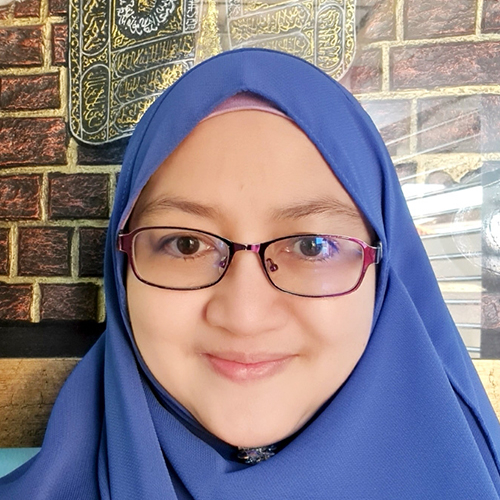
Protocol for Successful Induced Lactation and the Importance of Mahram for Muslim Families

Dr. Anisa has been working as a Consultant Pediatrician for 11 years & an IBCLC for 12 years. Dr. Anisa has a strong belief that breastfeeding saves lives of infants & young children. In order to ensure improvement of the practice of exclusive breastfeeding rate in Malaysia, she established an ambulatory care center with breastfeeding consultation services for the residents in Johor (state) & founded a networking platform for home visit counselling session by trained lactation counsellors that is BCNP (Breastfeeding Counselors Networking Program) since January 2016. Apart from above mentioned, Dr. Anisa is a mother of 4 sons with various breastfeeding experiences, blending with knowledge gained from managing cases in clinic, conferences & readings, she is confident to give lectures related to children health & lactation at national level and internationally. As fractional pediatric lecturer in Monash University Malaysia, she teaches medical students the importance and benefits of breastfeeding to our children & maternal health with hope that future young doctors will support, protect & promote breastfeeding in their services. Since 2009, Dr. Anisa has been a National BFHI Auditor, National lactation center fascilitator, trainer & speaker, and has published 2 books on breastfeeding - Induced lactation guideline & breastfeeding comic (Dr Super Pot Pet). Her deep interest in induce lactation program leads her to present this topic for GOLD Lactation.
The meaning of mahram in Islam is a person with whom marriage is not permissible (haram) and the adopted baby will be able to achieve this mahram status by breastfeeding on her/his adopted mother for at least 5 times (satisfied feeding) before 2 years old according to the Muslim calendar. Subsequently, the baby status is similar to biological child of the adopted parents. Effective consultation is required to ensure the successful process of induced lactation for the aforementioned purpose.
During consultation, breastfeeding benefits are crucial information to be explained to the adopted parents, however achieving mahram status is an additional motivational factor. According to research done by Che Abdul Rahim,N. et.al (2020) there were 6 factors that impacted successful induction of lactation: 1) appropriate protocol, 2) support system, 3) knowledge on breastfeeding technique & use of equipment, 4) time management, 5) mother's nutrition, 6) perseverance & strong motivation through follow up & additional information about expected challenges to overcome.
This presentation provides details on how to successfully induce lactation and how this knowledge can be used to support all families, including Muslim families who are breastfeeding to achieve mahram.
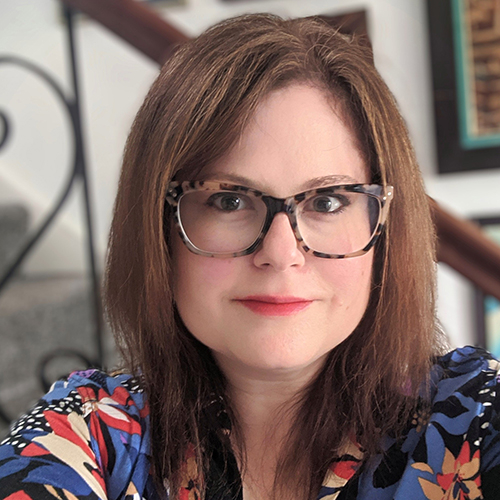
Providing Culturally Sensitive Support for Breastfeeding Muslim Families

Tamara Drenttel Brand holds an MA in Near Eastern Studies from the University of Arizona and a Master’s in Public Health (MPH) from the American University of Beirut. She spent 10 years in the Middle East, where she worked as a public health practitioner, infant and maternal health consultant and an IBCLC. She has supported breastfeeding dyads from all over the world both in private practice and as a volunteer. In 2011, she founded and still actively facilitates “Mama 2 Mama Beirut Breastfeeding Support,” the largest breastfeeding peer support network in the Middle East (currently at 25k+ members). Additionally, she founded Galactablog, a professional group for lactation specialists and those aspiring-to-be (currently at 4.7k+ members) and has authored several articles for La Leche League’s monthly leader publications in both the Middle East and Ireland.
She is currently an international speaker on the topics dealing with breastfeeding in the Middle East, innovative lactation teaching strategies, working in resource-scarce settings, providing culturally sensitive lactation support, developing and implementing peer counselor training programs, mast cell disease and other related topics. Due to her own chronic health conditions, she has a special interest in educating others about mast cell disease and supporting those with chronic illnesses. She currently resides in a seaside village in Ireland with her family.
Topic: Contextualizing Breastfeeding in Lebanon - [View Abstract]
Topic: Lactation Education Outside the Box: Innovative Teaching Strategies to Engage Your Audience - [View Abstract]
Topic: Mast Cell Diseases and Lactation Care in the Post-Covid Era - [View Abstract]
Topic: Providing Culturally Sensitive Support for Breastfeeding Muslim Families - [View Abstract]
Topic: Reflections on a Breastfeeding Peer Counselor Program in Lebanon: Lessons Learned and Looking Forward - [View Abstract]
Lactation professionals can provide invaluable assistance to Muslim families seeking to successfully breastfeed. However, cultural differences and a lack of understanding of Islamic culture could create barriers between professionals and the families they are trying to support. It is crucial that professionals and health care providers are aware of and acknowledge the unique role that culture and religion can play in this dynamic, both to prevent obstacles to breastfeeding and to encourage breastfeeding through culturally specific methods and arguments.
This presentation will show how to adapt your approach, language and content to ensure effective and sensitive care that will be more readily accepted by the mother and her family. It explores what the Qur’an says about breastfeeding and delves into traditional and cultural Islamic attitudes and practices surrounding breastfeeding. Moreover, it will explore the father’s role in Muslim culture and offer religious justification to encourage him to support breastfeeding, as well as issues of wet-nursing, milk sharing and adoption (as it relates to breastfeeding) within the Islamic context. As a participant, you will be encouraged to challenge your own assumptions about Islamic traditional and cultural practices and to use new knowledge gained to empower others to reflect on the benefits of being a culturally sensitive and responsive lactation professional and health care provider.

View Details / Enroll
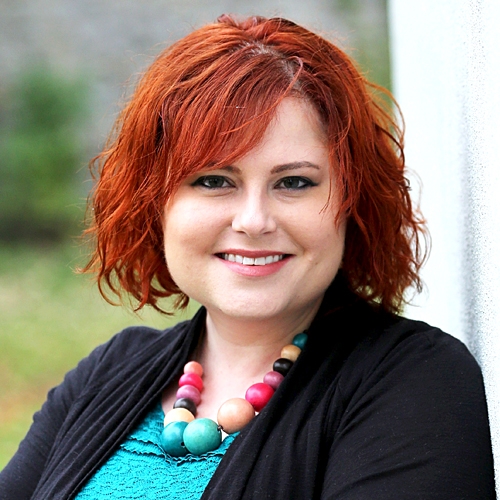
View Details / Enroll


Briana Tillman received her undergraduate degree in International Relations from the United States Military Academy at West Point. She has been a La Leche League Leader for 9 years and is a board certified lactation consultant. After spending 10 years as a stay-at-home mom, she is currently in her third year of medical school at Rocky Vista University College of Osteopathic Medicine in Parker, Colorado. She loves spending time with her husband and three kids—as a family they like to travel, go camping, and play string instruments in “family ensemble.”
Nick is a 3rd year medical student at Rocky Vista University College of Osteopathic Medicine. He has a background in mechanical and systems engineering but found his calling in medicine after volunteering for Health4Haiti in 2011. He lives in Colorado with his wife and they enjoy hiking, camping and fishing in the great outdoors.
Topic: What a Letdown: Exploring the Physiology of the Milk Ejection Reflex - [View Abstract]
Due to the global shortage of mental health professionals, many primary care providers have become the first-line responders to a wide variety of psychiatric concerns. While lactation consultants and breastfeeding support counselors are not called upon to diagnose and treat mental health disorders, they nonetheless often become enmeshed in the topic due to the holistic nature of breastfeeding management. An understanding of the major psychiatric topics that can arise during lactation consultation is therefore a valuable asset.
In this presentation, we will describe mental health benefits and drawbacks of breastfeeding, and explore the controversy surrounding the “breast is best” campaign as it regards maternal mental health. We will also briefly explore the pharmacological and non-pharmacological options in treatment of major psychiatric disorders (e.g. generalized anxiety, major depressive disorder, bipolar mood disorder, schizophrenia) as they relate to lactation. Finally, we will review the scientific literature related to potential long-term mental health effects of breastfeeding on babies.

View Details / Enroll
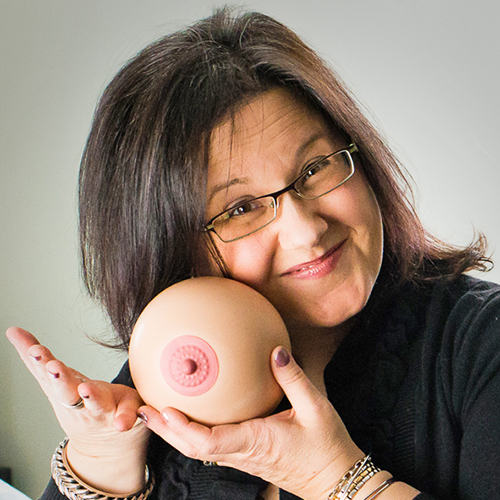
Pumping for Hospitalized Babies: 12 Keys to Supporting Families

Jeanette Mesite Frem, MHS, IBCLC, RLC, CCE is an experienced childbirth educator, IBCLC-lactation consultant and retired birth doula. She started her career working with families while serving as a Peace Corps Volunteer in Côte d'Ivoire, West Africa in the early 90s. She loved that work so much she went on to receive a public health masters degree from Johns Hopkins School of Public Health, focusing her studies on nutrition for maternal and child health. Her two children were breastfed for more than 2 years each and Jeanette has experience pumping at work for both children and has supported more than a thousand families with feeding and pumping over the last 20 years.
Jeanette provides prenatal childbirth and breastfeeding classes at her office in Northborough, Massachusetts, as well as providing virtual and office feeding consultations. She also enjoys leading workshops for perinatal health professionals and mentoring those who work with families. If you have questions, feel free to email [email protected].
Topic: Pumping for Hospitalized Babies: 12 Keys to Supporting Families - [View Abstract]
Perinatal professionals in hospitals have great influence over how much human milk a baby receives, as well as how encouraged parents feel related to pumping and initiating and maintaining their milk production and eventually meeting their infant feeding goals. When hospital staff help with pumping in the early hours, days, and weeks of a new and fragile baby’s life—especially when at breast, chest or body feeding isn’t possible—getting that professional support is likely to make a difference in the long-term health of that child as well as the health of their parent. Healthcare providers can facilitate milk collection and provision of it to babies and support parents with specific and updated guidance on pump choices, pump usage, flange fit and milk storage. Those who work in hospitals with families can make an important positive impact on long-term breastfeeding and human-milk feeding rates. This session will cover 12 simple ways (including the what, why, how, when and where of pumping) that healthcare providers can support parents who pump for their hospitalized baby.

View Details / Enroll
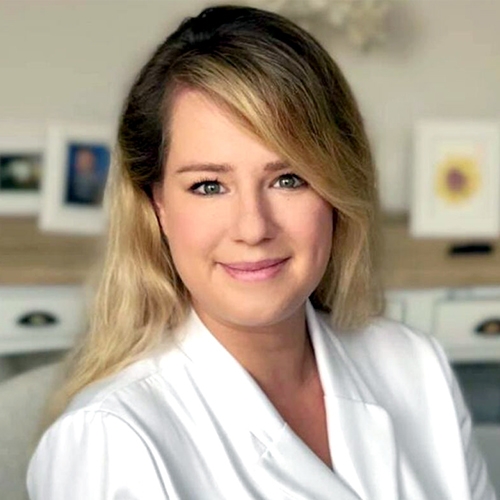

Karolina Ochoa is a Mother-Baby nurse, International Board Certified Lactation Consultant, speaker, and researcher. She has close to a decade of experience in serving breastfeeding families in both in-patient and outpatient settings. Karolina currently runs a successful Private Practice in the Inland Empire, California and she is a CEO of LactationHub.
Her areas of emphasis are clinical management of lactation, behavioral feeding aversions, as well as implementation and management of lactation programs in different healthcare settings. Karolina is passionate about addressing the inequality in access to lactation professionals across the US. She is a big advocate of extended maternity leave for all parents.
Karolina lives with her husband Julio and two lively toddlers in Redlands, CA
Pumping can be a choice or a necessity and the role of Lactation Professionals is to meet the parents where they are at. There are endless reasons for parents to use a breast pump, including prematurity, maternal-infant separation, low milk supply, return to work. Pumping can also be a choice for parents that do not wish to directly latch their baby, called Exclusive Pumping. Pumping parents deserve the same kind of evidence-based care as their exclusively breastfeeding counterparts but are often marginalized. During this workshop, you will learn how to best support a pumping parent: the importance of proper flange sizing, pumping schedules, exclusive pumping, the emotional toll of triple feeding, and how to help parents set realistic goals based on their own values.
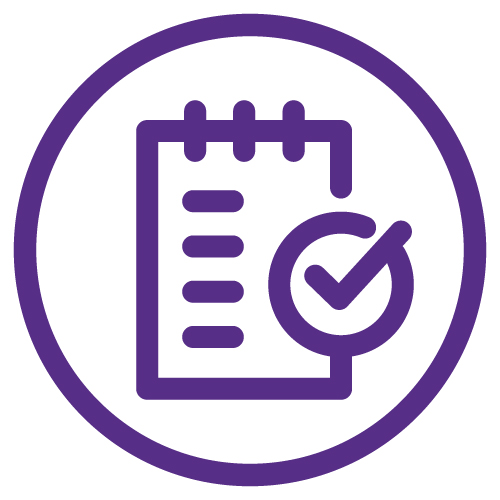
View Details / Enroll
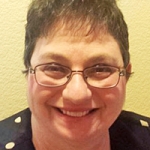

Debbie Albert, PhD, BSN, IBCLC, is a full time lactation consultant at UC Davis Med Center--working with all facets of their lactation service; including maternity floor, level IV NICU, pediatrics, PICU, and Employee Breastfeeding Support Program. She is also a prenatal instructor with their patient education program, nursing staff educator, and chairs the UCD Breastfeeding Task Force and the UCD Breastfeeding Support Program Committee. She received an Employee Excellence Award June, 2013 and June, 2015, and a Nursing Excellence Award in May, 2016. In addition, UC Davis programs have received IBCLC Lactation Care Awards and Sacramento Coalition and California State Coalition Breastfeeding Awards. Debbie has lactation experience in Florida, Texas, and California. She is Member of the LEAARC Board, a member of ILCA’s Equity Committee, and UCD Status of Women Committee. She is married to Dan Albert for 33 years, and has two sons, Josh (28), and David (24).
Raynauds is an illusive condition that tends to be confused with other conditions, misdiagnosed, and consequently rarely treated--causing the breastfeeding dyad to suffer. This program provides a review of the symptoms, medical and lactation resources, and clinical applications that facilitate most the effective treatment/comfort for the patient.

View Details / Enroll

Reflections on a Breastfeeding Peer Counselor Program in Lebanon: Lessons Learned and Looking Forward

Tamara Drenttel Brand holds an MA in Near Eastern Studies from the University of Arizona and a Master’s in Public Health (MPH) from the American University of Beirut. She spent 10 years in the Middle East, where she worked as a public health practitioner, infant and maternal health consultant and an IBCLC. She has supported breastfeeding dyads from all over the world both in private practice and as a volunteer. In 2011, she founded and still actively facilitates “Mama 2 Mama Beirut Breastfeeding Support,” the largest breastfeeding peer support network in the Middle East (currently at 25k+ members). Additionally, she founded Galactablog, a professional group for lactation specialists and those aspiring-to-be (currently at 4.7k+ members) and has authored several articles for La Leche League’s monthly leader publications in both the Middle East and Ireland.
She is currently an international speaker on the topics dealing with breastfeeding in the Middle East, innovative lactation teaching strategies, working in resource-scarce settings, providing culturally sensitive lactation support, developing and implementing peer counselor training programs, mast cell disease and other related topics. Due to her own chronic health conditions, she has a special interest in educating others about mast cell disease and supporting those with chronic illnesses. She currently resides in a seaside village in Ireland with her family.
Topic: Contextualizing Breastfeeding in Lebanon - [View Abstract]
Topic: Lactation Education Outside the Box: Innovative Teaching Strategies to Engage Your Audience - [View Abstract]
Topic: Mast Cell Diseases and Lactation Care in the Post-Covid Era - [View Abstract]
Topic: Providing Culturally Sensitive Support for Breastfeeding Muslim Families - [View Abstract]
Topic: Reflections on a Breastfeeding Peer Counselor Program in Lebanon: Lessons Learned and Looking Forward - [View Abstract]
Breastfeeding rates are exceptionally low in Lebanon. Only 40% of mothers exclusively breastfed through the first month and 2.4% continued to exclusively breastfeed between 4 and 5 months. In 2012, I developed, implemented and evaluated a pilot Breastfeeding Peer Counselor (BPC) Training Program in Beirut, Lebanon. I chose this format since BPCs are adaptable to local contexts and studies have shown that that improve rates of breastfeeding initiation, duration, and exclusivity in a variety of settings and across diverse populations.
The program successfully trained 8 BPCs and led directly to the establishment of the largest mother-to-mother peer breastfeeding online support network in the Middle East (over 11,000 members to date). This presentation will provide participants with the knowledge to develop, adapt, and implement their own BPC Training programs suited to their local context. In addition, this presentation will reflect upon ethical considerations of such programs and will offer guidance on the process of program evaluation. This will allow participants to identify their own program’s strengths and weaknesses, which can improve the effectiveness of subsequent organizations.

View Details / Enroll
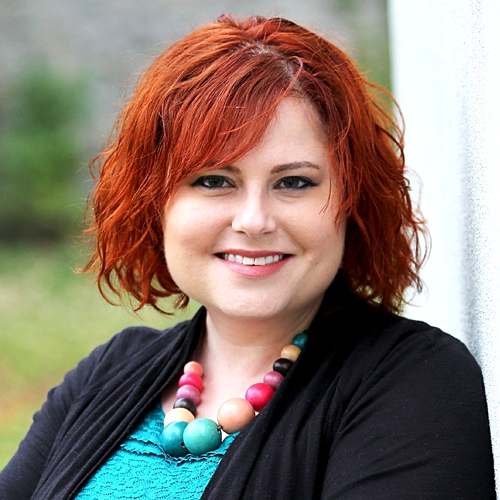
View Details / Enroll
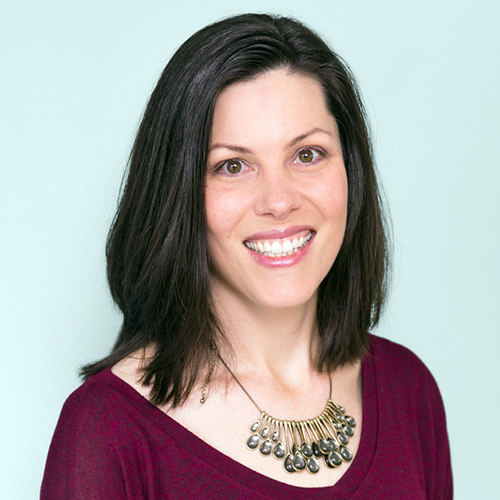

Cecília Tomori is Associate Professor and Director of Global Public Health and Community Health at the Johns Hopkins School of Nursing with a joint appointment at the Johns Hopkins Bloomberg School of Public Health. She is a Hungarian American anthropologist and public health scholar whose work investigates the structural and sociocultural drivers that shape health, illness and health inequities. Dr. Tomori is an internationally recognized expert on breastfeeding, infant sleep and maternal child health.
During the COVID-19 pandemic, she has supported numerous organizations focused on maternal child health and health equity and advocated for equitable pandemic policies. She has authored three books on breastfeeding and reproduction, and published numerous articles on a range of public health and anthropological topics.
Topic: Resolving Cultural Conflicts in Nighttime Breastfeeding and Infant Sleep - [View Abstract]
Nighttime breastfeeding and proximate mother-infant sleep play a crucial role in sustaining lactation but present challenges for parents in settings where solitary infant sleep is the norm, and bedsharing is viewed as controversial and inherently dangerous. While separate parent-child sleep arrangements are a relatively recent cultural invention, they have become the dominant cultural norm, which also shapes medical infant sleep guidance in the U.S. and other similar settings. Recent breastfeeding promotion efforts, however, conflict with these cultural and medical imperatives for separate sleep. As more parents breastfeed, they find themselves falling asleep next to their babies. Some may fall asleep on unsafe surfaces in their attempt to avoid bedsharing, while others regularly bedshare in secret to avoid social stigma and other repercussions. To ensure both safety and wellbeing for infants and families, an integrated approach to nighttime breastfeeding and infant sleep will be recommended that incorporates evolutionary and cross-cultural perspectives.

View Details / Enroll
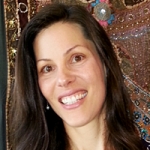
View Details / Enroll
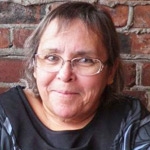
Resolving Ethical Dilemmas Using a Qualitative Study and Case Examples

Joy Noel-Weiss RN IBCLC is an assistant professor in the School of Nursing, Faculty of Health Sciences, University of Ottawa. Dr. Noel-Weiss researches breastfeeding and human lactation. Professor Noel-Weiss' doctoral research study was titled Relationship Between Intravenous Fluids Given to Women During Parturition and Their Breastfed Newborns' Weight Loss. Her Masters' research was a randomized controlled trial testing a prenatal breastfeeding workshop designed to increase maternal breastfeeding self-efficacy. For future research, Dr. Noel-Weiss is developing tools to measure infant feeding patterns and to measure clinicians' confidence in their ability (i.e., their self-efficacy) to support individuals who choose to breastfeed.
In addition to these quantitative studies, Dr. Noel-Weiss recently completed qualitative research about ethical dilemmas and lactation consultants and about mothers' experiences using baby scales in their homes. Currently, Dr. Noel-Weiss works with a research team as the principal investigator on a research study titled Transmasculine Individuals' Experiences with Pregnancy, Birthing and Feeding Their Newborns. The study is funded with an operating grant from the Canadian Institutes of Health Research - Institute of Gender and Health.
Dr. Noel-Weiss chairs the International Lactation Consultants Association's Ethics and International Code Committee and co-chairs the uOttawa School of Nursing's working group for joint appointees and adjuncts. She has a cross appointment to the Ottawa Hospital and is a member of The Ottawa Hospital Nursing Research Work Group. Recently, Dr. Noel-Weiss became a member of the Champlain Maternal Newborn Regional Program's Breastfeeding Promotion Committee.
In this session, Professor Noel-Weiss explains and defines bioethics, principles of bioethics, and ethical dilemmas. She presents results from her research study about IBCLCs and ethical dilemmas and uses case studies to demonstrate how to identify and resolve ethical dilemmas.
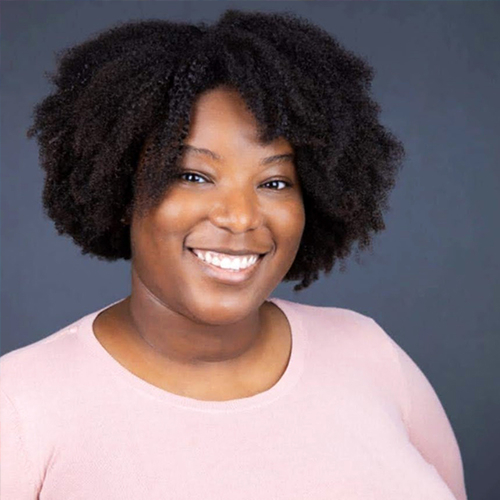
Rethinking the Definition of Breast/Chestfeeding: Where Does Pumping Fit In?

Nichelle Clark is an International Board Certified Lactation Consultant (IBCLC), wife, and mother of one residing in Chesapeake, Virginia. She is the owner of SonShine & Rainbows Lactation Services. Born and raised in Upper Marlboro, MD, Nichelle joined the United States Navy in 2010 and served honorably for 7.5 years. In 2020, she founded Black Breastfeeding 365, an organization that seeks to bridge the gap between Black Parents and the Lactation Professionals who serve them. When she’s not spending time with her husband and 4 year old son, she serves as a United States Lactation Consultant Association (USLCA) Advisory Board Member and Clinical Lactation Journal Social Media Editor. In her spare time, she admins multiple online support groups for People of Color, providing breastfeeding support and lactation education to her community. As an exclusive pumping mom herself, Nichelle is a champion for breastfeeding parents to write their own rules and breastfeed their way.
The first breast pump is credited to being invented/patented in 1854 by O. H. Needham. Since then, the pump industry has exploded, making breast pumps more accessible throughout the Western World. While technology has transitioned with the times, the bias that exists within lactation has not. Clinicians are still drawing hard lines on what the “true” definition of breast/chestfeeding is. In this presentation, we’ll dive into why there’s still a debate and answer the age-old question. Spoiler alert: Pumping is breastfeeding and lactation professionals have a responsibility to support parents to meet their pumping goals.



